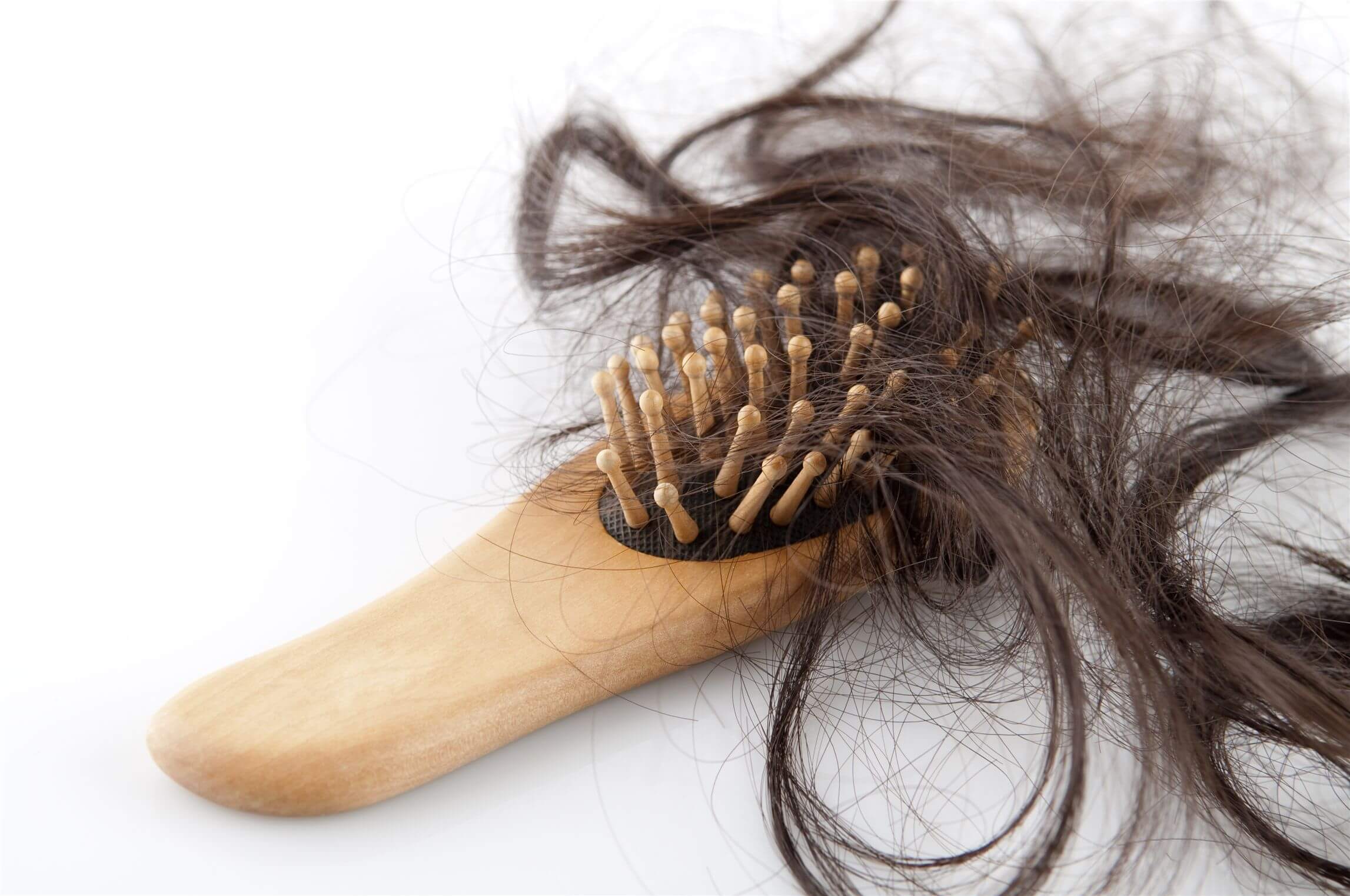Hair loss is a prevalent issue affecting millions of men worldwide, often leading to emotional distress and a quest for effective solutions. Based on insights from medical experts and recent studies, here are the primary concerns men have about hair loss and evidence-based recommendations to address them.
1. Causes of Hair Loss
Men frequently seek clarity on why they experience hair thinning or balding. The leading causes include:
- Genetic Predisposition: Androgenetic alopecia (male pattern baldness), linked to genetic sensitivity to dihydrotestosterone (DHT), is the most common cause68.
- Hormonal Imbalances: Elevated DHT levels shrink hair follicles, shortening the hair growth cycle6.
- Lifestyle Factors: Poor diet, chronic stress, smoking, and irregular sleep patterns exacerbate hair loss238.
- External Damage: Frequent use of harsh hair products, excessive heat styling, or chemical treatments like dyeing and perming can weaken hair79.
2. Prevention Strategies
Men often ask how to slow or prevent hair loss. Key measures include:
- Dietary Adjustments: A protein-rich diet with vitamins (e.g., B12, D) and minerals (e.g., iron, zinc) supports hair health. Reducing greasy or sugary foods helps control scalp oiliness24.
- Scalp Care: Use mild, pH-balanced shampoos and avoid overwashing (2–3 times weekly for oily hair; 1–2 times for dry hair). Lukewarm water and gentle massaging minimize irritation28.
- Stress Management: Meditation, exercise, and adequate sleep reduce cortisol levels, which may otherwise trigger hair shedding34.
- Avoiding Harmful Practices: Limit hair dyeing/perm treatments to twice yearly, as chemicals like ammonia and para-phenylenediamine (PPD) damage follicles7.
3. Treatment Options
Men explore both medical and cosmetic solutions:
- Topical Medications: Minoxidil (2% or 5%) stimulates hair growth by enhancing blood flow to follicles. However, improper application (e.g., excess dosage or spreading to facial skin) can cause unintended side effects like hypertrichosis9.
- Oral Medications: Finasteride inhibits DHT production but requires long-term use and medical supervision due to potential side effects6.
- Surgical Interventions: Hair transplantation is effective for advanced cases, though success depends on donor hair availability and post-operative care6.
- Low-Level Laser Therapy (LLLT): This non-invasive method promotes follicle activity and is often combined with minoxidil for better results8.
4. Common Misconceptions
- Myth: Daily Washing Accelerates Hair Loss
Shedding 50–100 hairs daily is normal. Washing merely collects loosened hairs, creating an illusion of increased loss8. - Myth: All “Hair Growth” Products Are Safe
Unregulated products, like certain herbal tonics, may cause adverse reactions. Even FDA-approved treatments like minoxidil require proper usage to avoid side effects9.
5. Psychological Impact
Hair loss often impacts self-esteem and mental health. Men report anxiety about aging or social judgment. Experts emphasize:
- Seeking Professional Help: Early consultation with a dermatologist ensures accurate diagnosis (e.g., trichoscopy) and tailored treatments9.
- Embracing Alternatives: Styling techniques, wigs, or shaving can boost confidence while awaiting treatment results3.
Conclusion
Understanding the root causes and adopting a holistic approach—combining lifestyle changes, medical treatments, and psychological support—is crucial for managing hair loss. Men are encouraged to consult healthcare providers before starting treatments and avoid unverified remedies. With advancements in dermatology, restoring hair health is increasingly achievable for those willing to persist with evidence-based strategies.
For detailed guidelines, refer to medical platforms like China Medical Information Network (dayi.org.cn) or dermatology journals cited in this article.
A Compassionate Solution: Restore Confidence Instantly with HairNotion
For men seeking an immediate, non-invasive solution, HairNotion offers premium, natural-looking wigs tailored to individual styles and needs. Our products are ideal for:
- Early Stages of Hair Loss: Maintain your appearance while undergoing treatments.
- Post-Transplant Recovery: Protect transplanted follicles during the healing process.
- Advanced Thinning: Achieve a full, stylish look without surgery or medication.
Visit www.hairnotion.com to explore our collection of breathable, customizable wigs designed for comfort and realism.
Conclusion
While medical advancements offer hope for hair restoration, combining lifestyle adjustments, professional treatments, and interim solutions like HairNotion’s wigs ensures a holistic approach to managing hair loss. Early intervention and personalized care remain key to preserving both hair health and confidence.
Explore HairNotion today and rediscover your best self.




